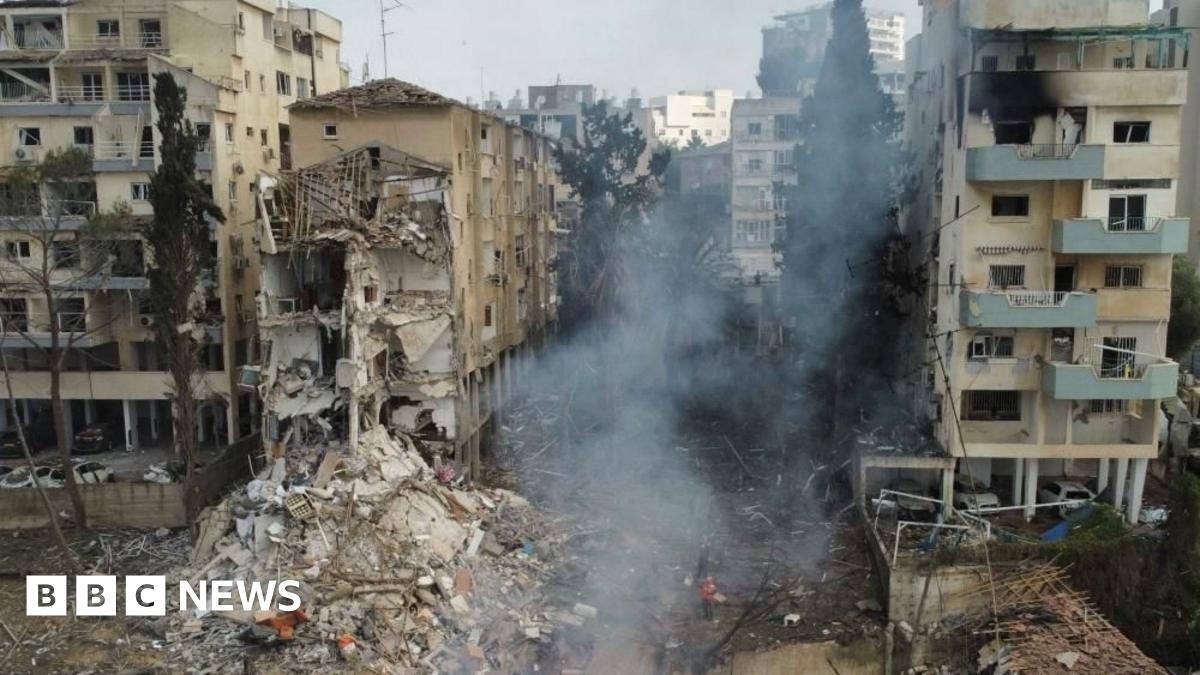Trump Blocks G7 Accord on Iran: US Demands Halt to Uranium Enrichment

Tensions flared at the G7 summit as US President Donald Trump refused to endorse a joint statement concerning the escalating Israel-Iran conflict, throwing international efforts at de-escalation into disarray. According to sources within the US administration, the disagreement stems from a fundamental difference in approach towards Iran’s nuclear program.
The core sticking point, as revealed by senior US officials, revolves around the monitoring of Iranian nuclear sites. While other G7 leaders expressed support for continued observation and dialogue, Trump insisted on a demand that Iran immediately cease all uranium enrichment activities. This uncompromising stance effectively scuppered the agreed-upon statement, highlighting a growing rift between the US and its traditional allies.
Why the Uranium Enrichment Issue Matters: Iran's uranium enrichment program has been a source of international concern for years. The 2015 nuclear deal, also known as the Joint Comprehensive Plan of Action (JCPOA), placed restrictions on Iran’s enrichment activities in exchange for sanctions relief. However, the US unilaterally withdrew from the deal in 2018 under the Trump administration and reimposed sanctions, prompting Iran to gradually roll back its commitments under the agreement.
Trump’s insistence on a complete halt to uranium enrichment goes beyond the initial demands of the JCPOA and represents a significant escalation in US policy. European leaders, who remain committed to the 2015 deal, believe that a complete cessation of enrichment would be unrealistic and counterproductive, potentially pushing Iran further away from negotiations.
The Fallout and International Response: The US president's actions have drawn criticism from within the G7 and beyond. European leaders expressed disappointment and concern over the lack of consensus, warning that a unilateral approach could further destabilize the region. Concerns are rising that the impasse will hinder efforts to prevent a military confrontation between Iran and Israel, and potentially trigger a wider conflict.
The incident underscores the challenges of maintaining a unified international front on issues involving Iran. While the US aims to curb Iran's nuclear ambitions through pressure and sanctions, its allies advocate for a diplomatic solution based on the existing nuclear agreement. The diverging approaches highlight a fundamental disagreement on how to best address the complex and volatile situation in the Middle East.
Looking Ahead: The future of the Iran nuclear issue remains uncertain. The G7 impasse has further complicated the situation, making it more difficult to find a path forward. Whether the US will continue to pursue its uncompromising stance or be willing to engage in dialogue with Iran remains to be seen. One thing is clear: the international community must work together to de-escalate tensions and prevent a catastrophic conflict.
The incident serves as a potent reminder of the fragility of international cooperation and the importance of finding common ground on issues of global security. The world watches with apprehension as the situation unfolds, hoping for a peaceful resolution to this increasingly dangerous standoff.






